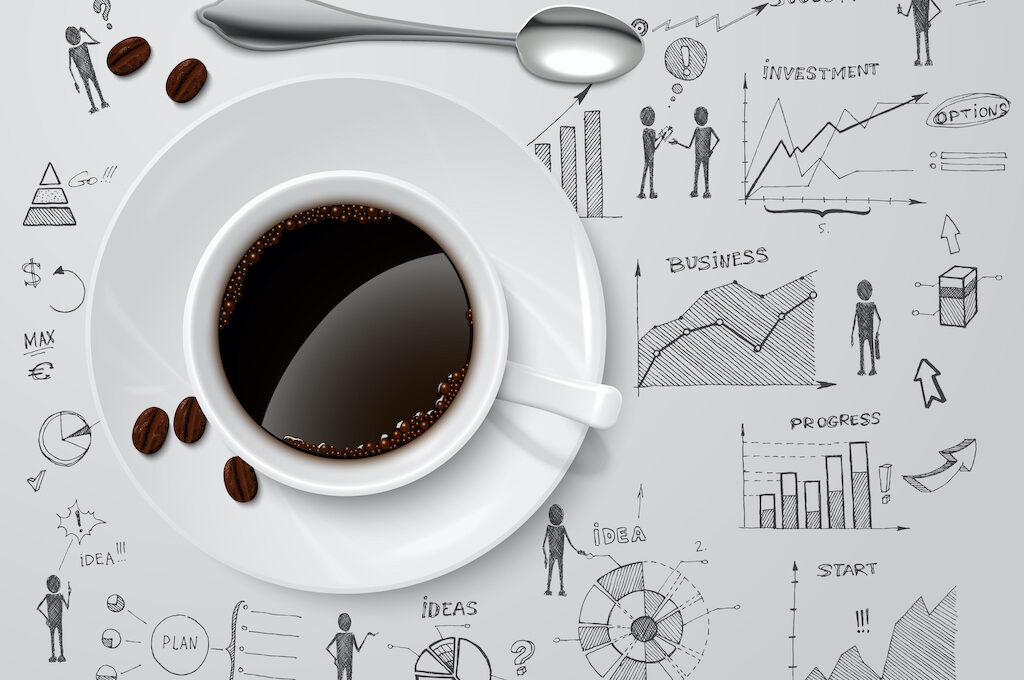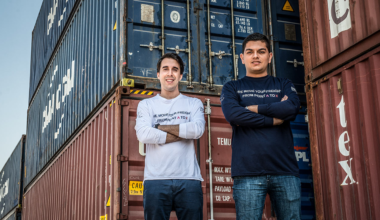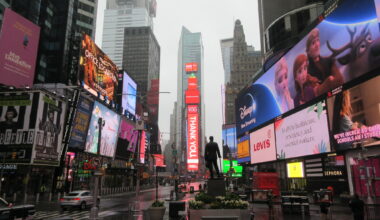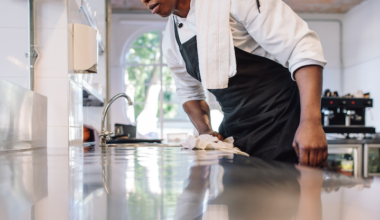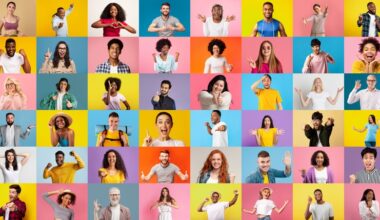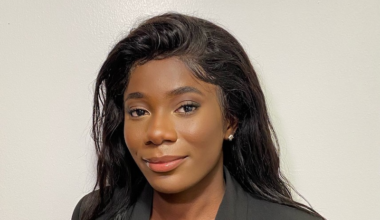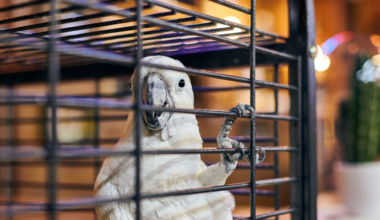Roughly two weeks ago I was working on my laptop at a Panera in North Miami Beach where the self-service kiosk allows customers to order food and drinks. The cups right behind it are simply stacked and not secured. After grabbing a cup, customers can fill it with a hot or cold beverage without ever having to interact with an employee.
Fortunately, my seat was next to one of these cup stacks, and over the course of a few hours I clearly witnessed many people come in, not pay at the kiosk, but still take a cup to swipe a drink. Some of these drink pirates glanced around before grabbing a cup to be certain that no one was watching, (but I was), while others confidently took a cup without even breaking their stride. In the two hours that I sat there, I estimate that over 50 people stole a hot or cold beverage. In fact, I think more people got free drinks than those who actually paid at the kiosks.
This whole situation made me curious, and so, I asked to speak to the manager to get the inside scoop because she must be aware of what’s happening right under her nose.
The answer was an epiphany
In early 2022, Panera launched its Unlimited Sip Club, a drink membership program with which came these service kiosks and which was designed to be used by paying members without having to wait in line. For a monthly fee of $11.99, members can have unlimited refills of any drink.
Customers place kiosk orders and fill their cups without any interaction with workers. However, almost immediately it became apparent that this system was exploited by non-members, who take and fill their cups without paying. Initially, the issue was minor, but it rapidly escalated as more people discovered how effortless it was to steal and that there were no repercussions.
According to the manager with whom I spoke, the most frequently stolen drinks are caffeinated lemonades, which are a base for all three flavors of “charged lemonade”, followed by the regular lemonade. In some locations “bubbler” drinks, which are outside of the standard soda fountain, are popular with pilferers. The average price of these stolen drinks is about $4 a pop.
Great steal
Although the manager is fully aware of this problem, she claims that the losses are not making a significant impact on the bottom line of the franchise that she manages. In addition, in her experience, those locations that don’t have cups freely available actually have fewer customers.
She did not share any financials and I was unable to find any data on this matter, but her explanation makes sense. Also, as I learned, the sip club subscription option had successfully enticed subscribers to come in eight times more frequently than non-subscribers, and 30% of them added food to their orders.
Turning a blind eye (or maybe even promoting) drink larceny might be worthwhile because paying subscribers bring in enough extra revenue and the drink thieves might end up ordering food with their illicit beverage. Such a policy also helps Panera to ‘steal’ customers from other fast and fast-casual restaurants, where, like in the ‘dark ages’, you still actually have to pay for drinks.
Besides, stealthily making off with a drink can be a bit of a “rush” for some otherwise strait-laced people. This makes a visit to Panera an emotionally charged experience – something that the entire hospitality industry is desperate to capitalize on these days.
It’s not often that I come across sub-culture innovations from major brands such as Panera. Whether they stumbled upon it accidentally or took the advice of some rogue marketing genius, Panera not only managed to turn people into thieves but also found a way to profit from it.
It seems that innovative and highly unorthodox approaches, baked from your customers’ hidden motives, are worth experimenting with. Take a good bite next time you launch a new app or a feature.
About the author
Michael Burtov is a serial venture-backed entrepreneur who has grown multiple startups from initial ideas to millions in revenue and venture funding. He has appeared on Shark Tank and his work has been covered in hundreds of major media outlets. He is also the subject of mini-documentaries by Discovery Channel and CNN’s “Great Big Story.” Additionally, Michael has worked with hundreds of high-growth startups to scale and fundraise, directly and through his involvement with leading innovation organizations including Harvard Business School, Harvard Innovation Labs, and the MIT Enterprise Forum. He is also the author of “The Evergreen Startup,” a popular book on early-stage startup fundraising. He holds multiple patents and has received several awards for his work, including the Edison Universe Edison Award, the TIME Magazine Best Inventions Award, The Business Journals Top Inventor Award, Brandeis University Alumni Entrepreneur Award, and the TechCrunch Disrupt Wildcard Award.
